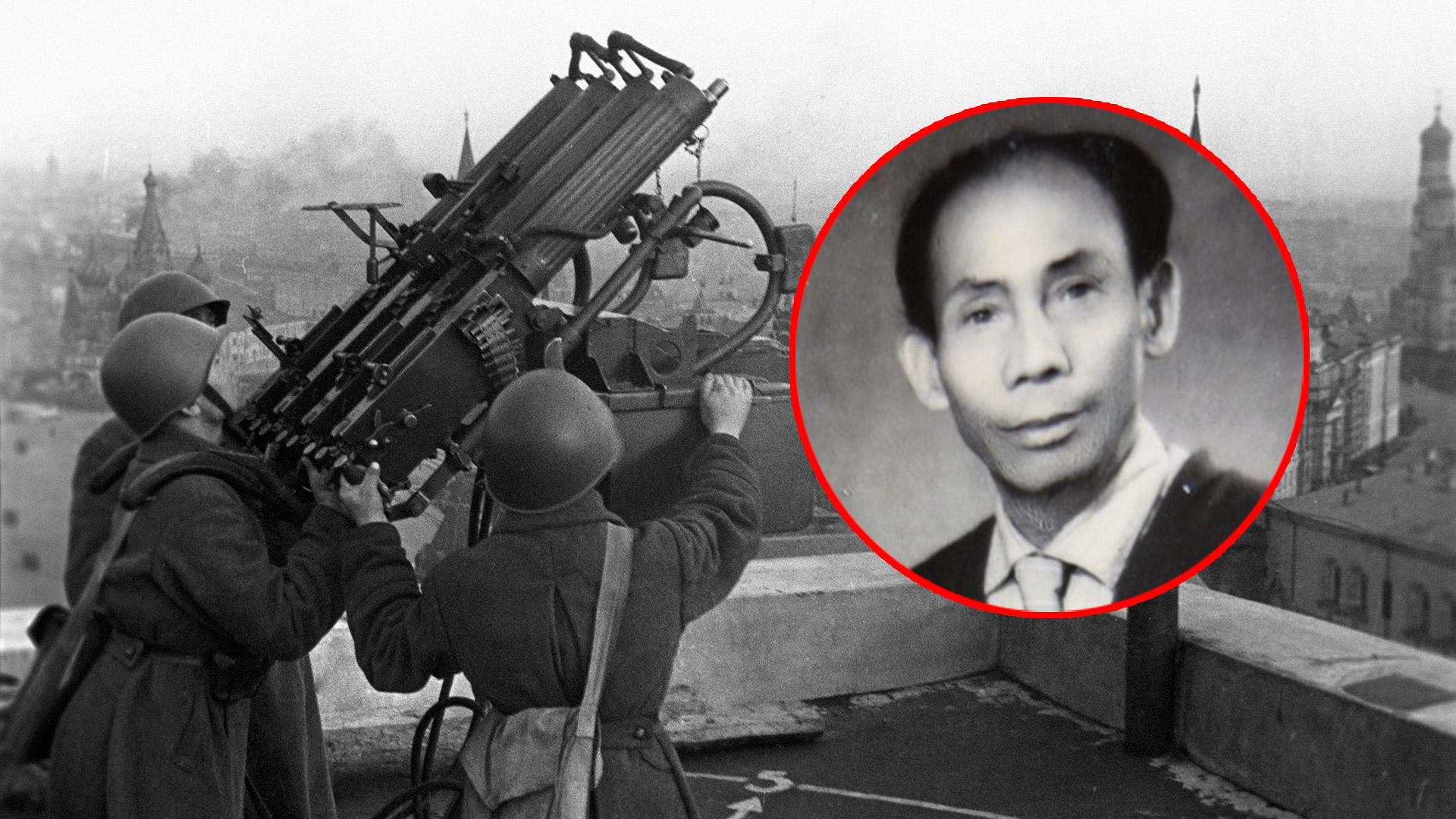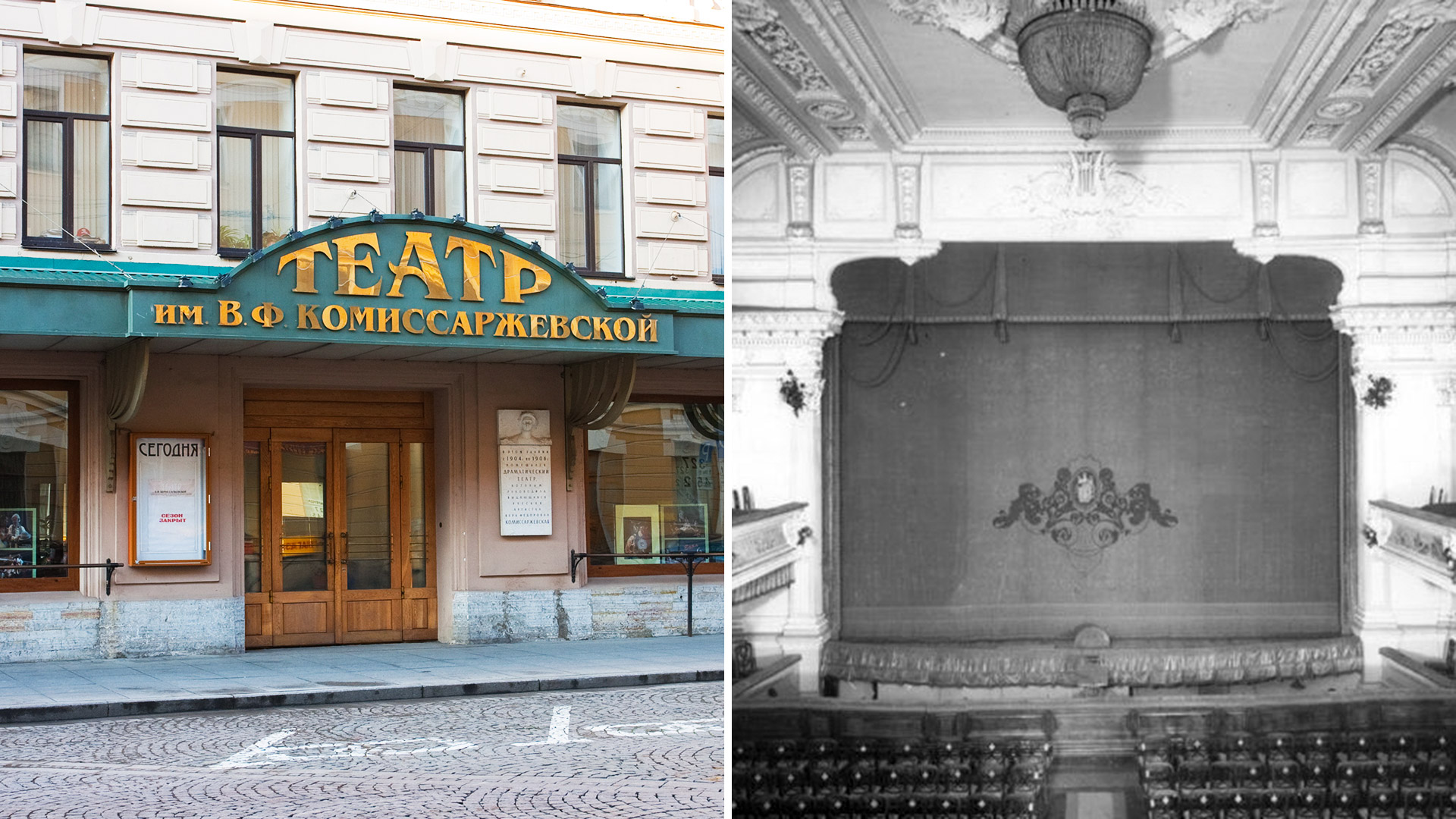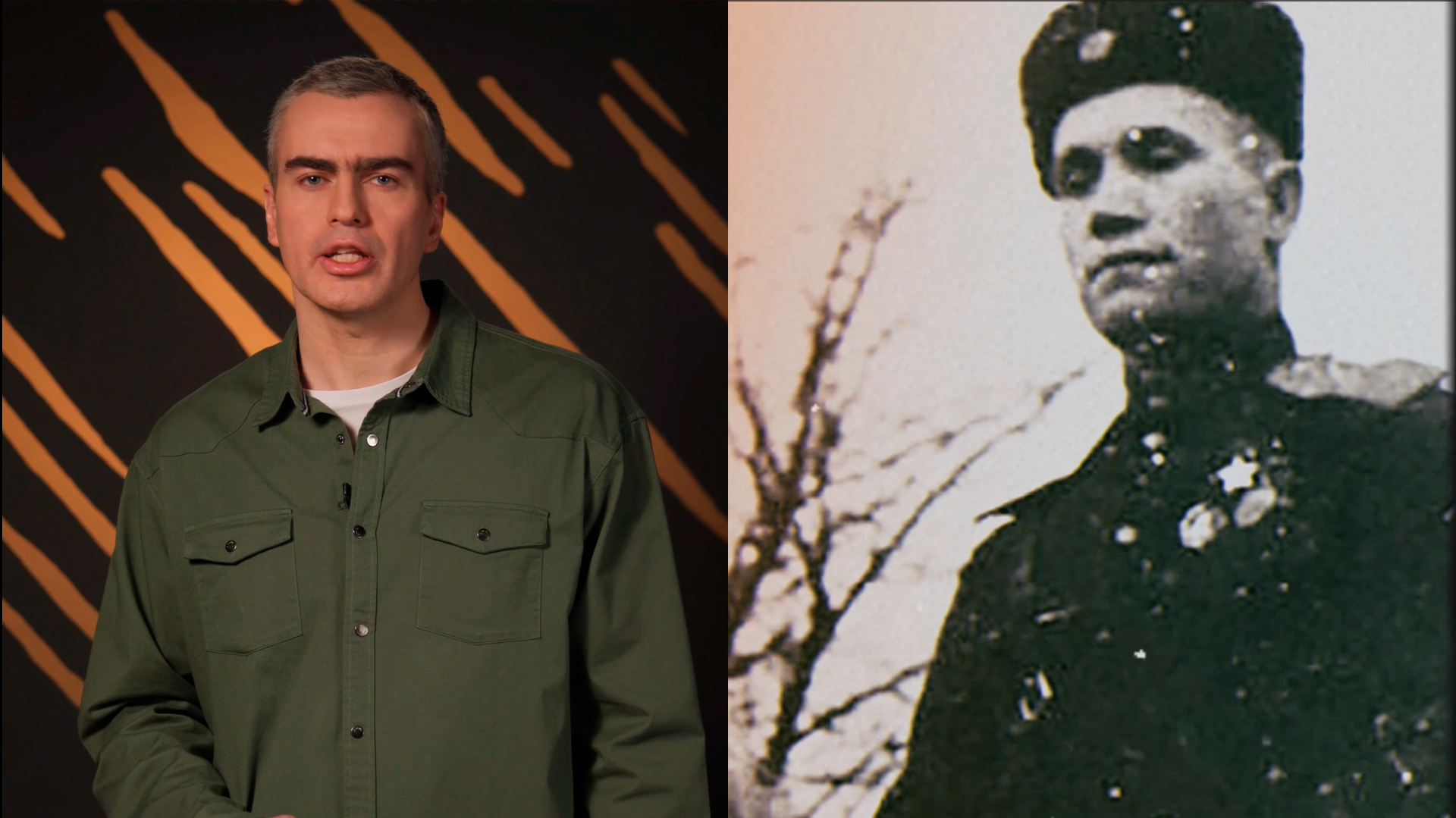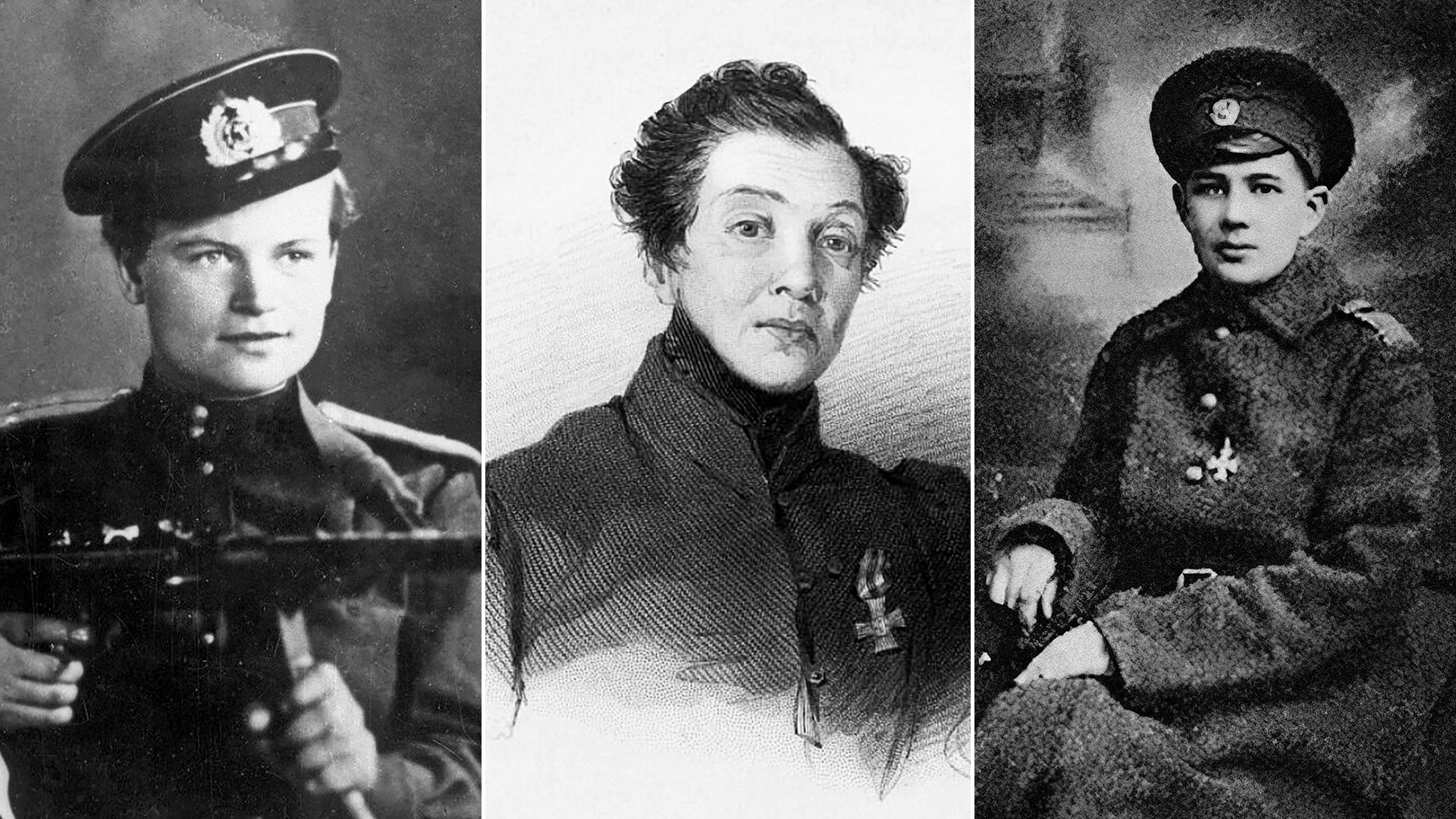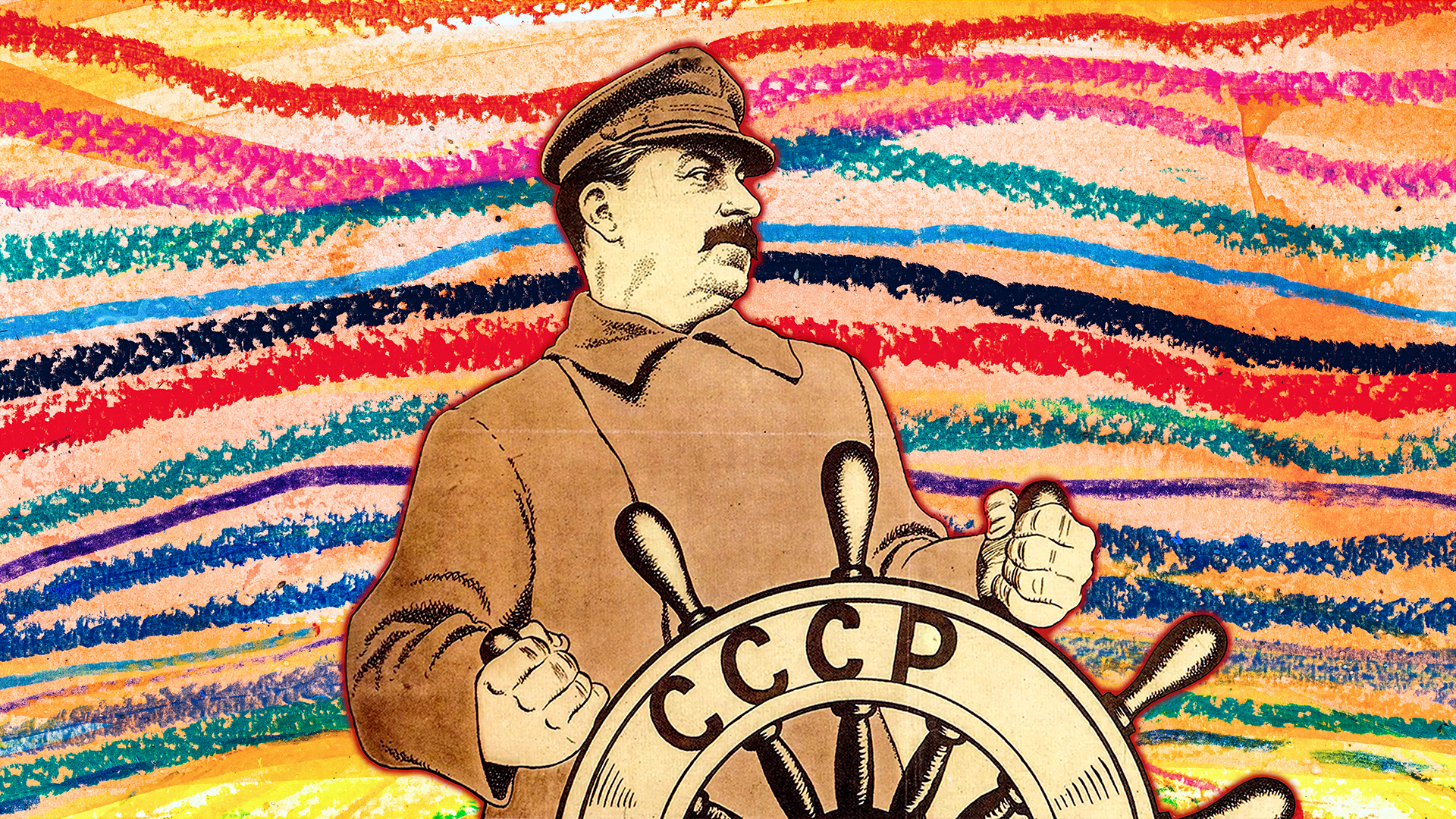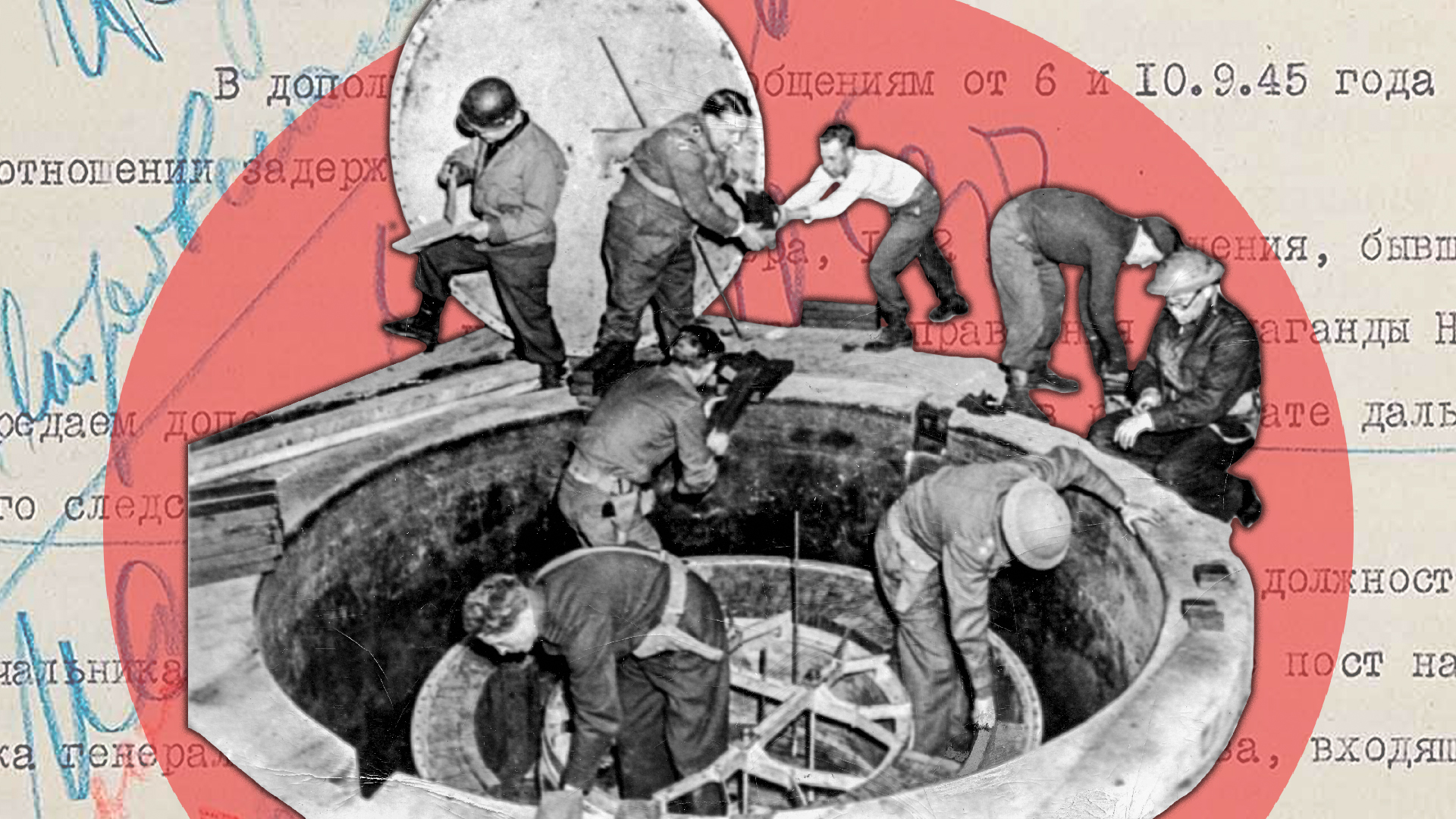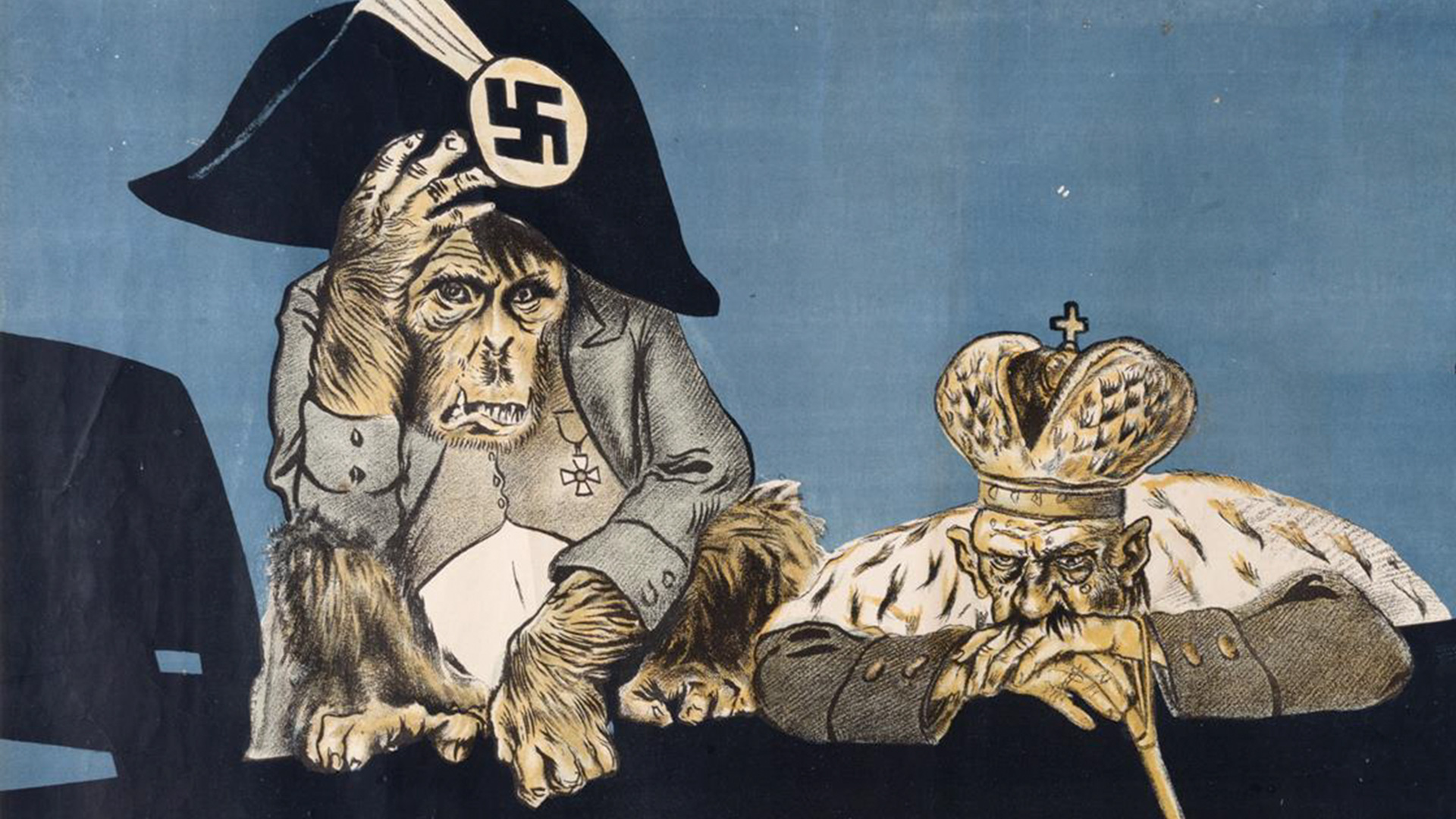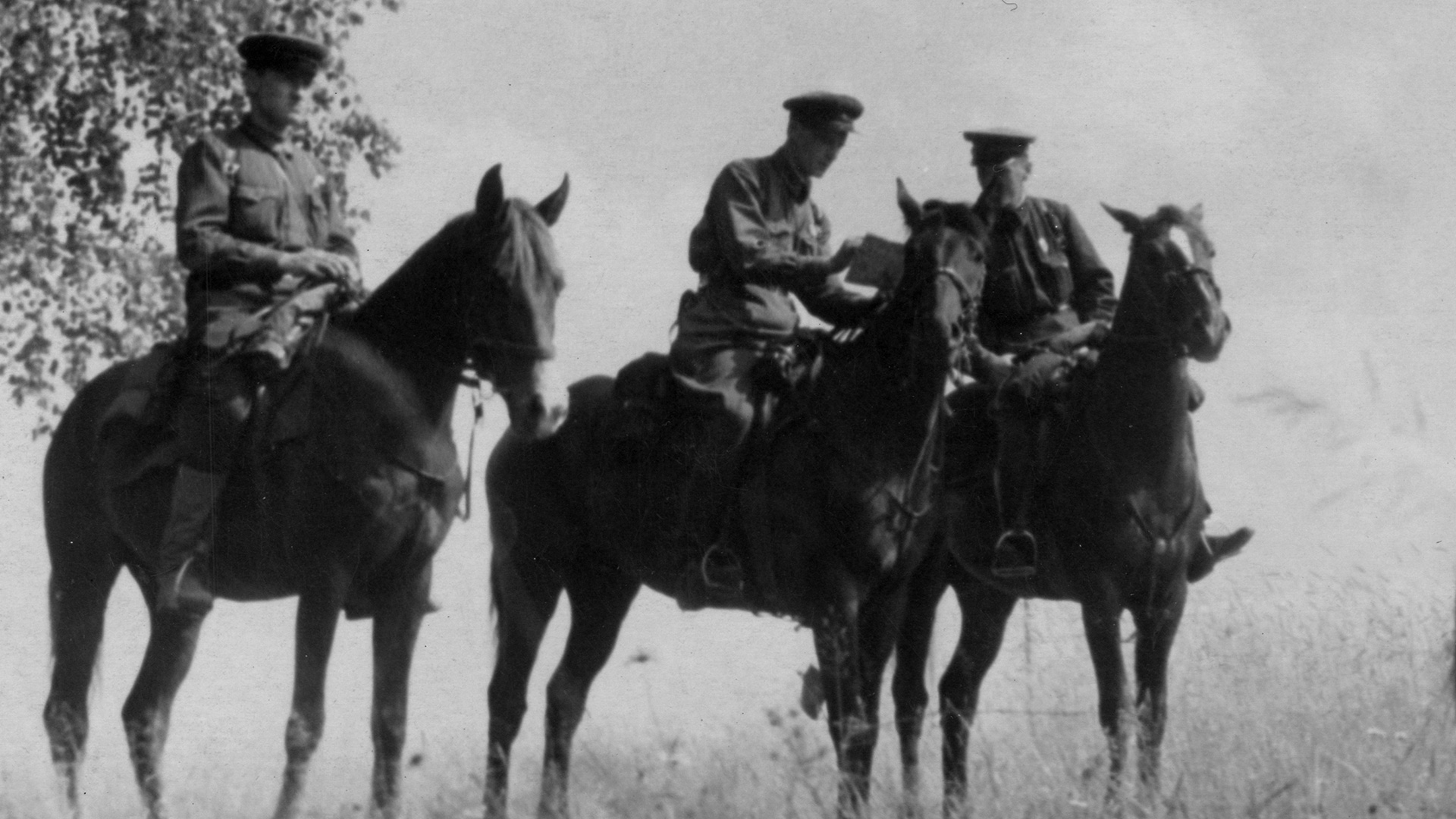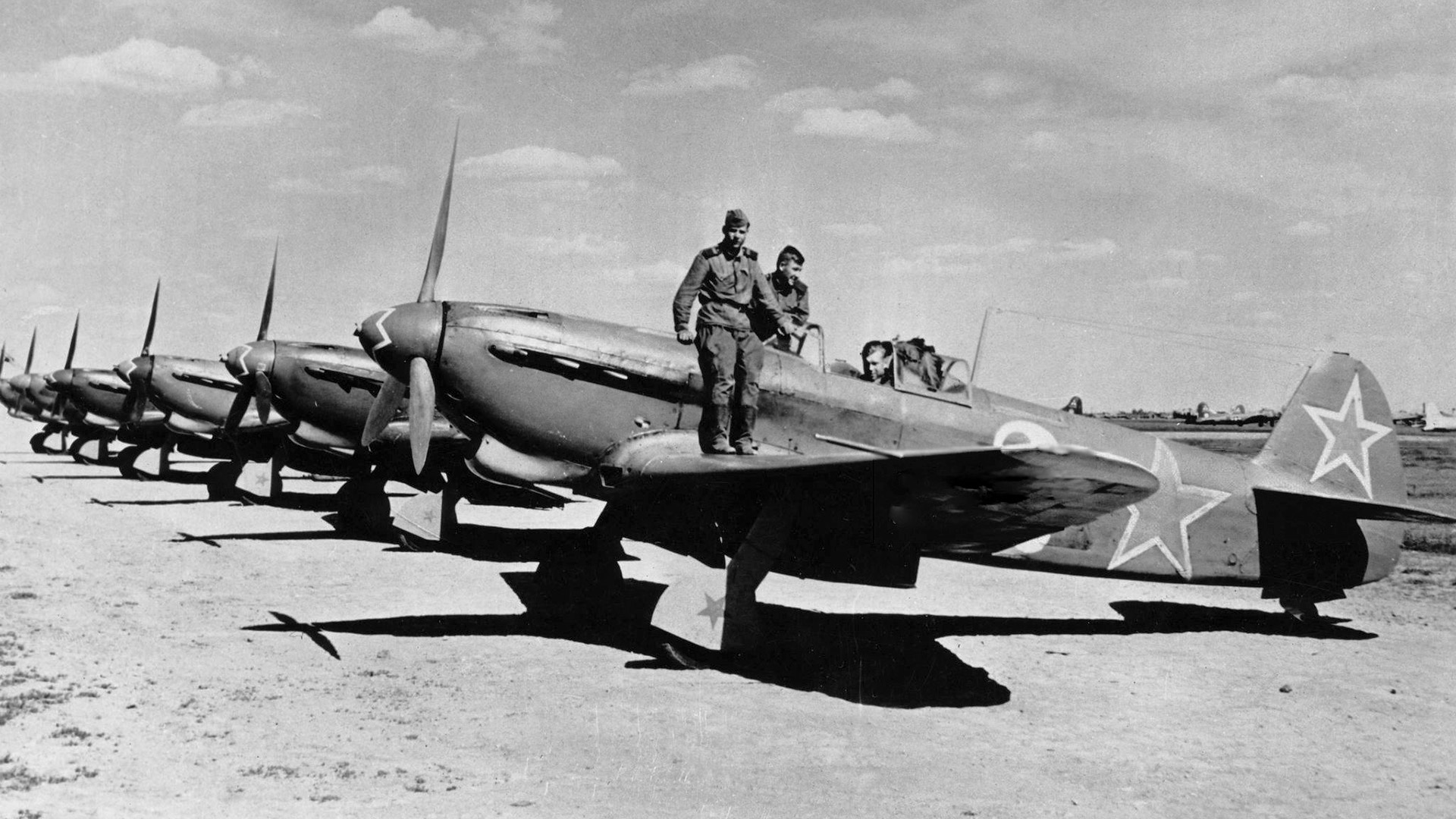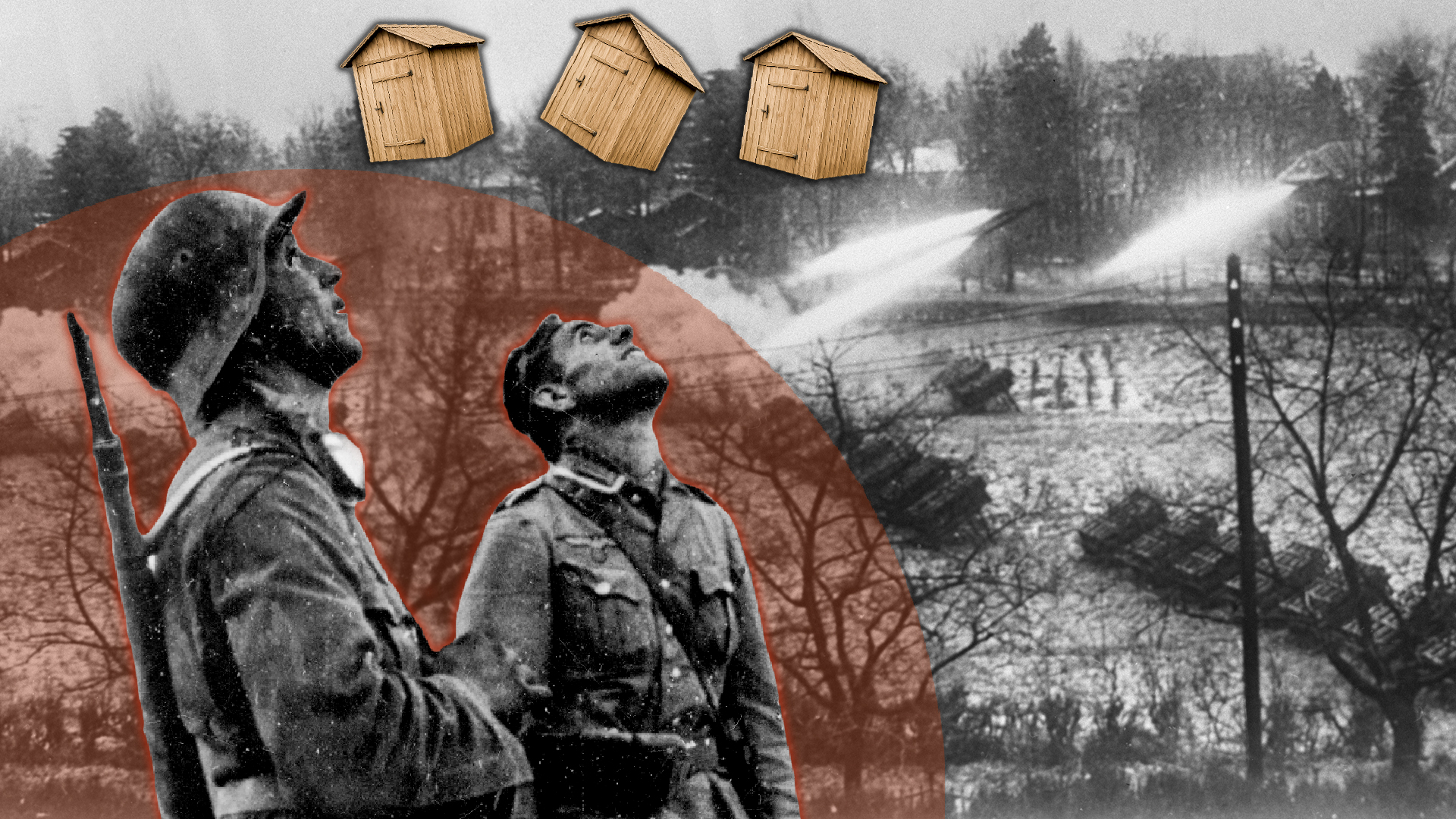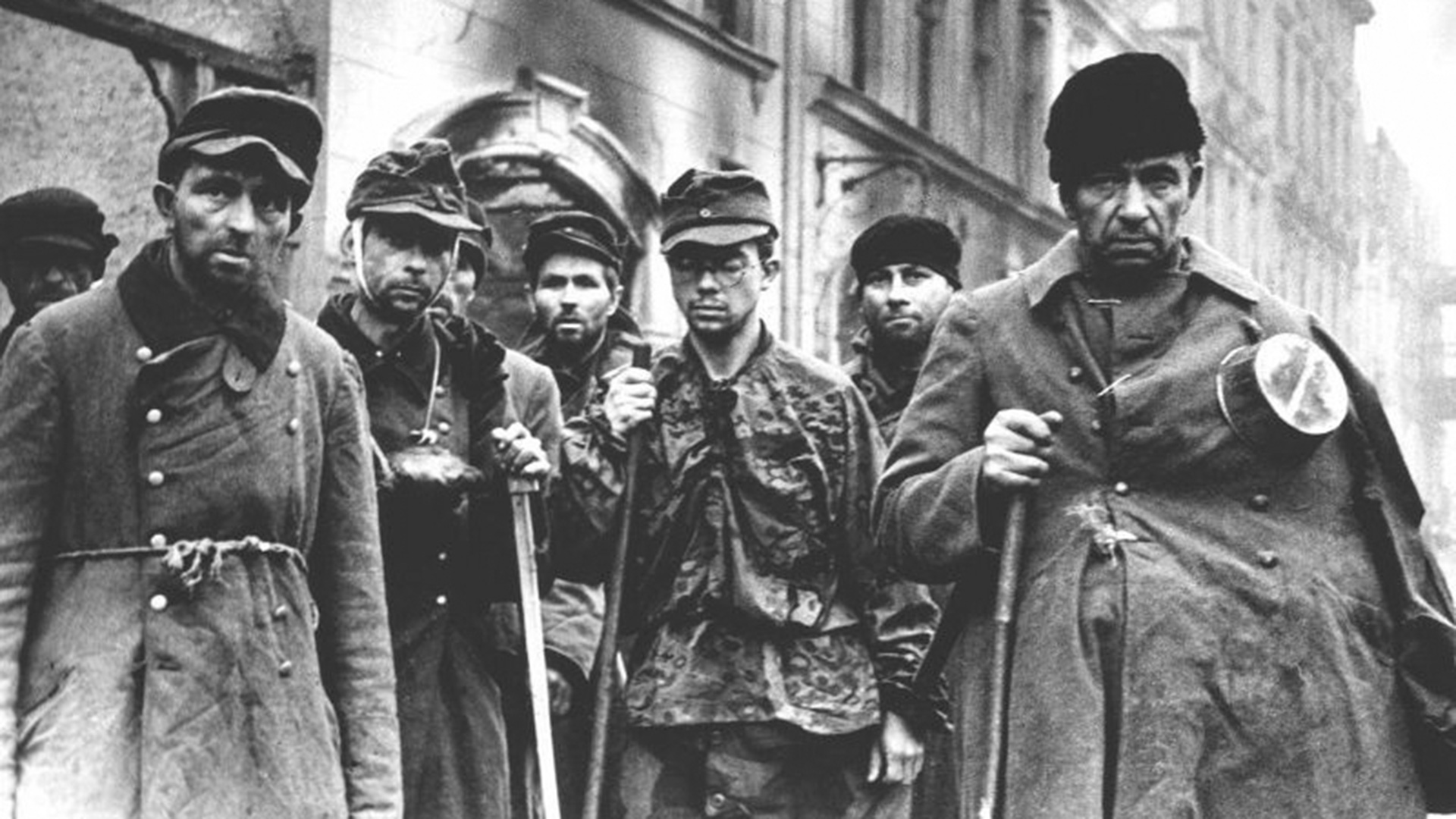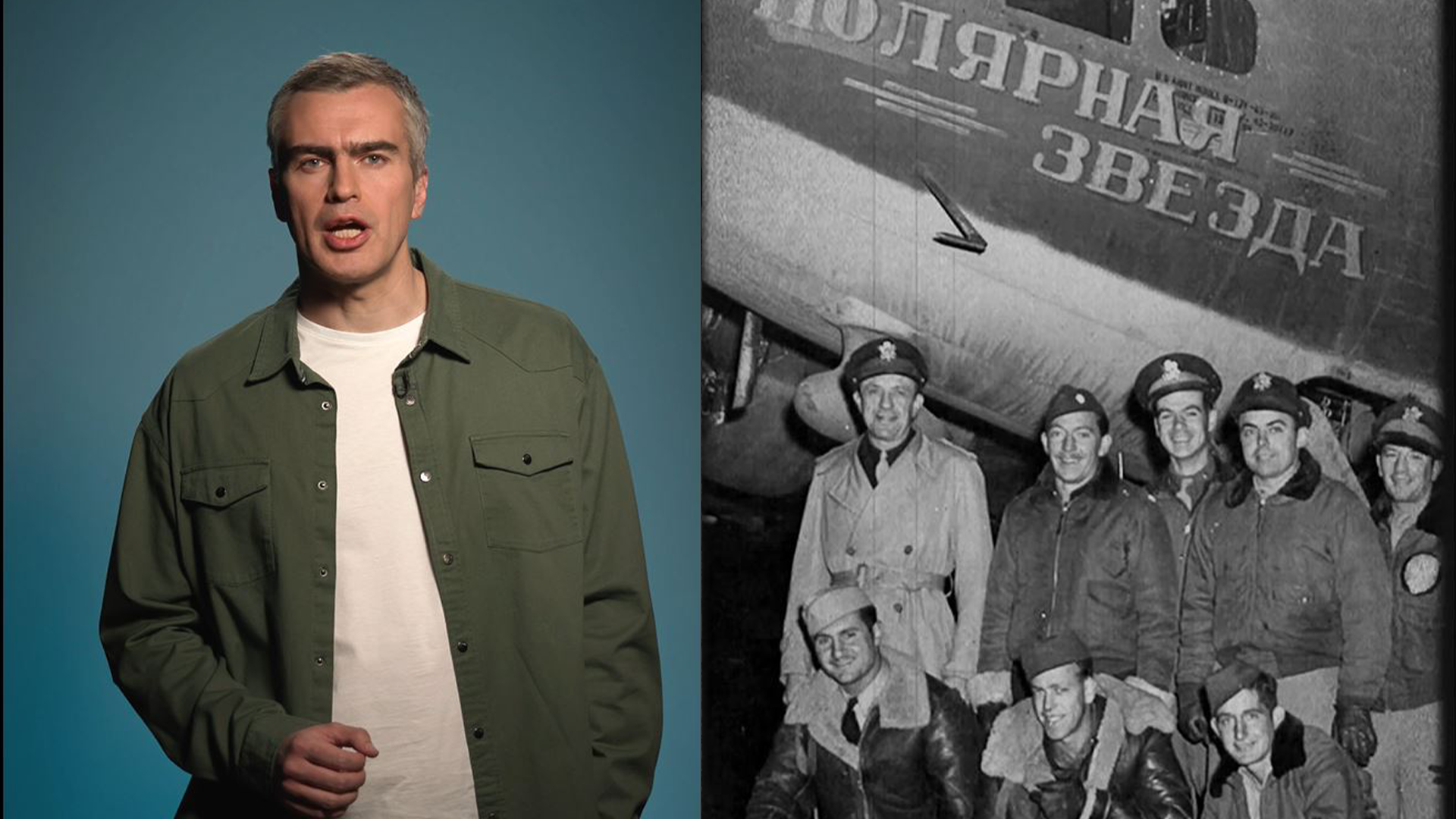
Marshal Vasilevsky: The man who defeated Japan (PICS)
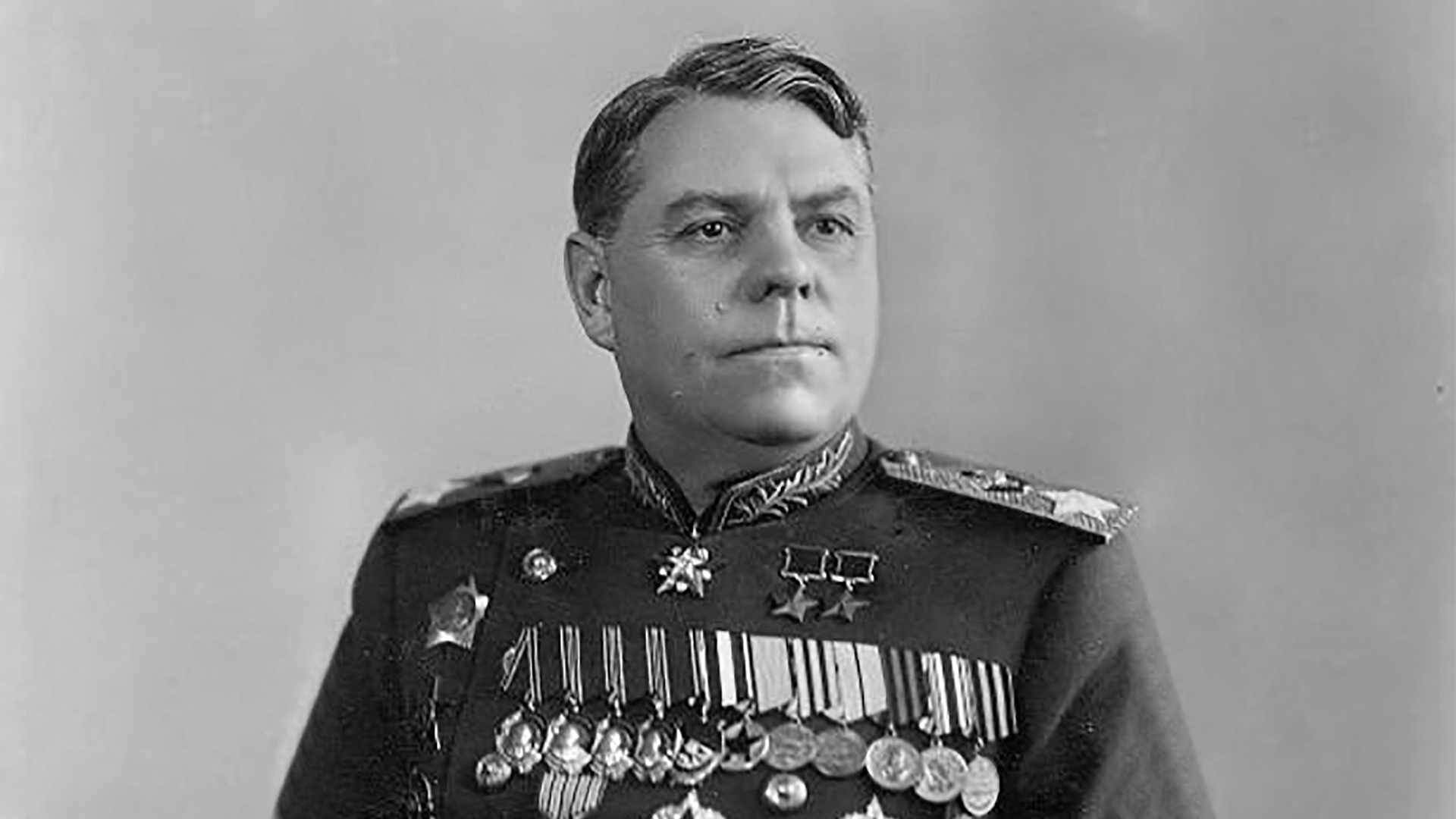
“In youth, it is very difficult to decide which path to take… I eventually became a military man. And I am grateful to fate that it turned out this way and I think I found myself in the right place in life,” said Marshal Alexander Vasilevsky, the then permanent Chief of the Soviet General Staff during World War II and author of the defeat of the Japanese Kwantung Army.
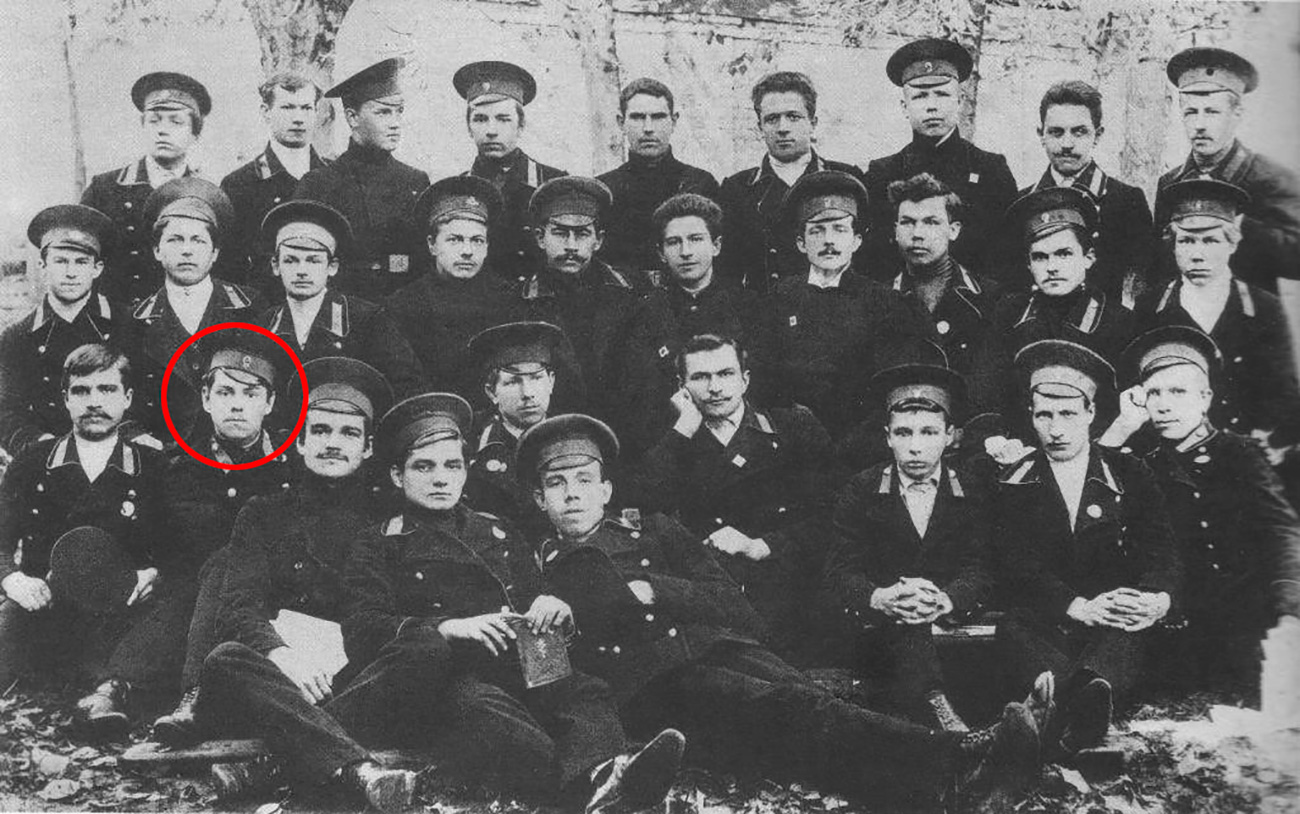
Vasilevsky grew up in the family of a parish priest, studied both at a parish school and a theological seminary and, at the same time, dreamed of becoming an agronomist. However, World War I altered his destiny – he volunteered for the army.
After graduating from military school in 1915, Ensign Vasilevsky went to the front. Even then, his outstanding organizational skills were evident – he turned the regiment's most backward company into the best in terms of training, military discipline and combat effectiveness.
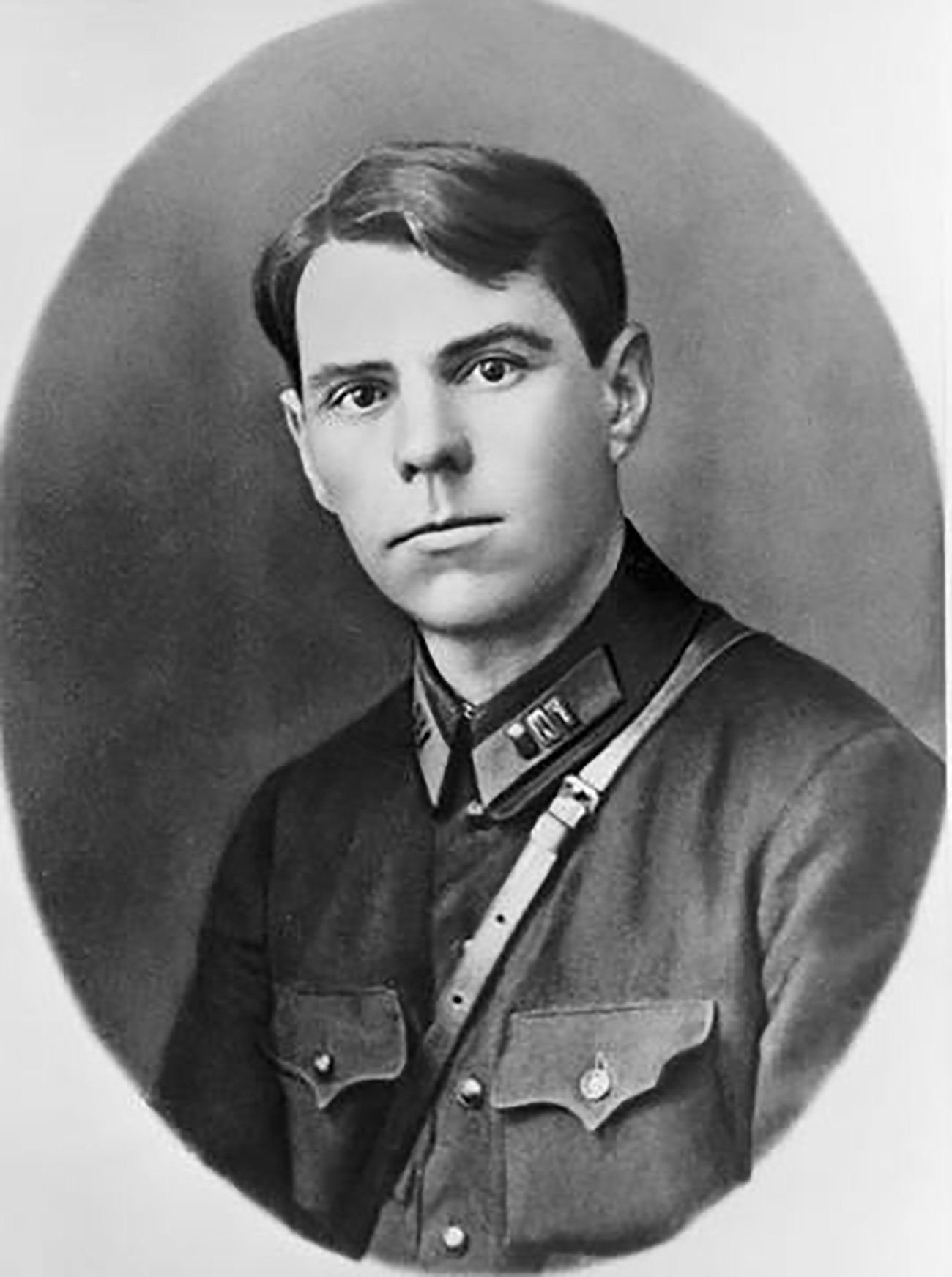 Red Army regiment commander Vasilevsky.
Red Army regiment commander Vasilevsky.
Alexander Mikhailovich then rose to the rank of staff captain and was twice awarded for bravery in battle. In 1917, he returned home, but he did not have a chance to live in peace. The Civil War began and the future marshal was soon mobilized into the Red Army, in whose ranks he fought against Polish troops.
After the war, Vasilevsky remained in the Armed Forces, commanding units, attending advanced training courses, constantly studying and improving his skills. His superiors described him as a commander with great organizational and methodological skills, as well as an assertive and flexible tactician.
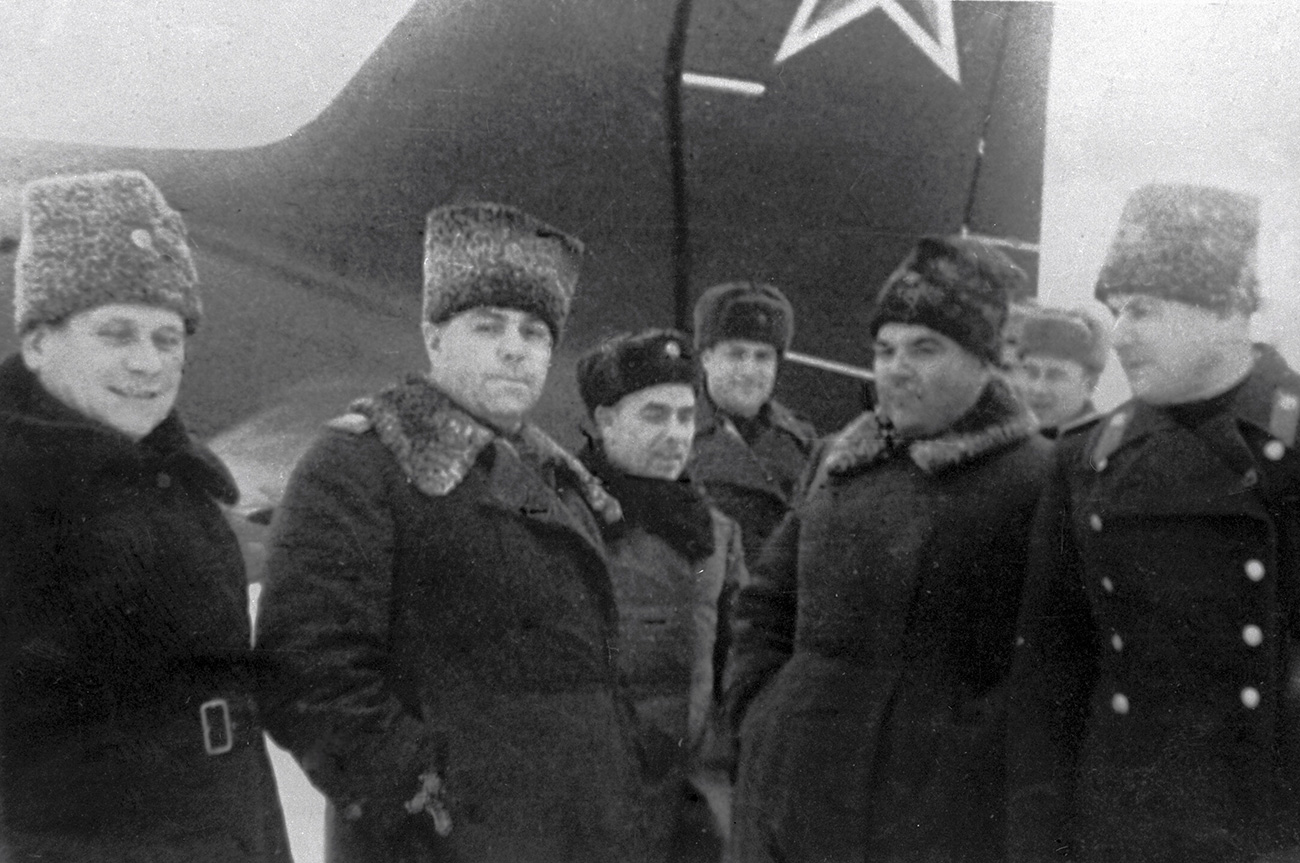 Rodion Malinovsky (second right) and Alexander Vasilevsky (second left), Third Ukrainian Front, Dnepropetrovsk region, 1943.
Rodion Malinovsky (second right) and Alexander Vasilevsky (second left), Third Ukrainian Front, Dnepropetrovsk region, 1943.
In 1937, the future marshal was taken to the General Staff, with which, according to him, the best years of his life were connected. The military leader took part in the Winter War against Finland and, after its end, headed the commission for the demarcation of the new state border.
After the Wehrmacht invasion, Vasilevsky regularly traveled to the front lines, inspected the creation of defensive fortifications around Moscow and participated in the preparation of a counteroffensive near the capital.
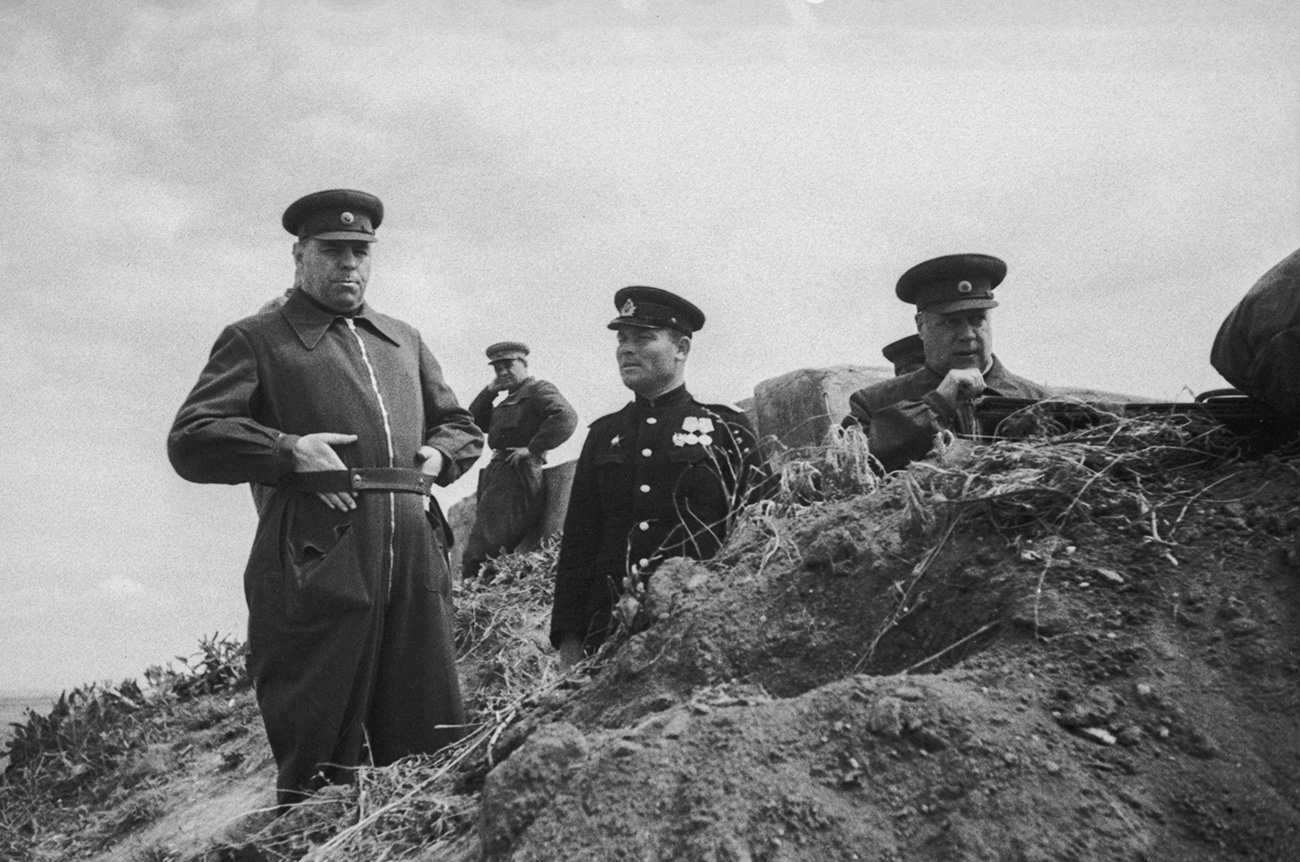 Vasilevsky (L) in Crimea, 1944.
Vasilevsky (L) in Crimea, 1944.
On June 26, 1942, Vasilevsky replaced Boris Shaposhnikov as Chief of the General Staff, who was forced to resign, due to health reasons. From then until the very end of the war, he participated in the development of the most important strategic operations, carried out the interaction of the fronts and various branches of the Armed Forces and supervised the preparation of reserves and contacts with the allies. And, on February 16, 1943, he was awarded the rank of Marshal.
“Alexander Mikhailovich was not mistaken in his assessments of the operational and strategic situation… In those cases when Stalin did not agree with the opinion of Alexander Mikhailovich, Vasilevsky was able to convince the Supreme Commander with dignity and compelling arguments that, in the given situation, no other decision should be made than the one he proposed,” recalled Marshal Georgy Zhukov, Vasilevsky’s close friend.
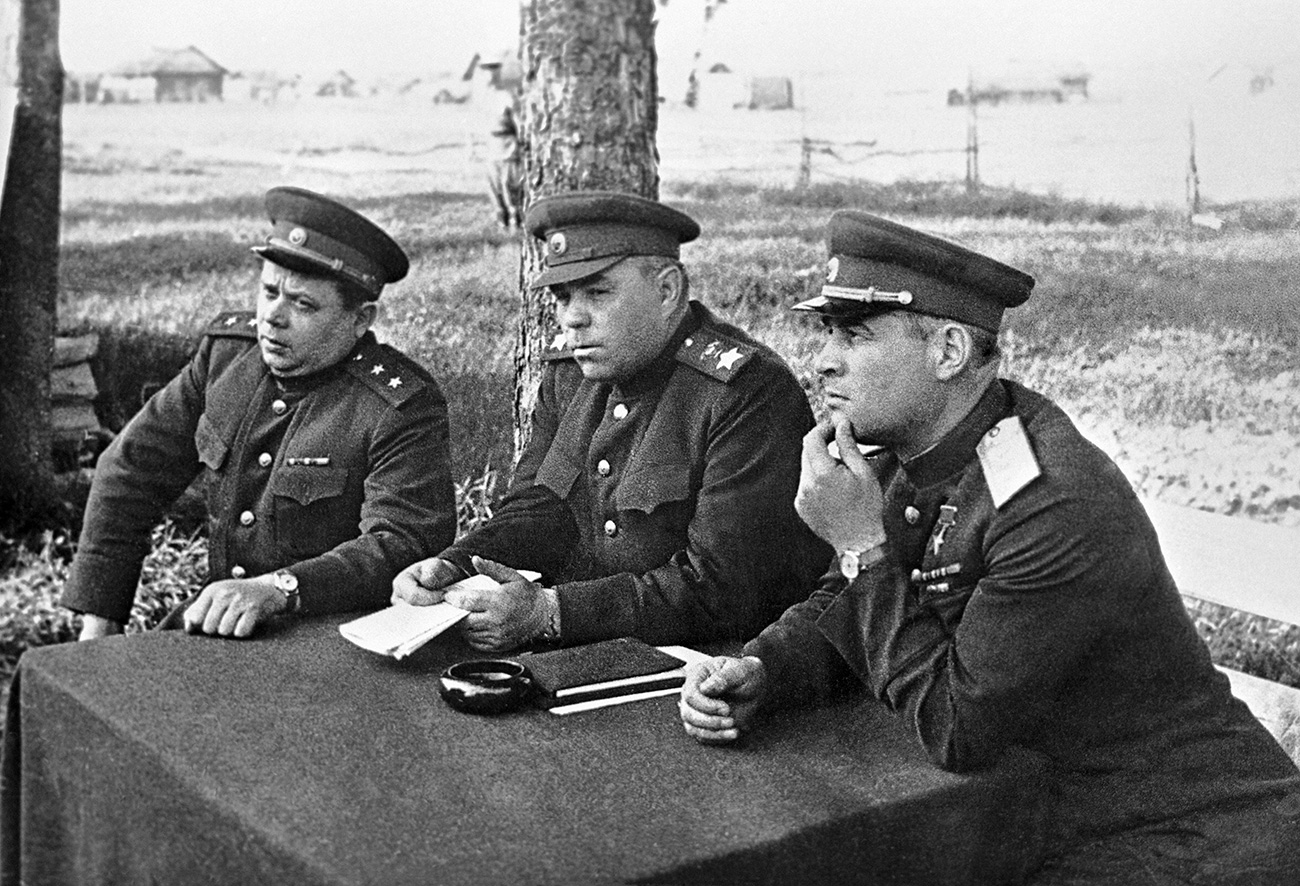 Member of the military council of the 3rd Byelorussian Front Lieutenant-General V. Makarov, Marshal of the Soviet Union A. Vasilevsky and General of the Army I. Chernyakhovsky, Byelorussia, 1944.
Member of the military council of the 3rd Byelorussian Front Lieutenant-General V. Makarov, Marshal of the Soviet Union A. Vasilevsky and General of the Army I. Chernyakhovsky, Byelorussia, 1944.
On February 21, 1945, after the death of General Ivan Chernyakhovsky, Vasilevsky assumed command of the 3rd Byelorussian Front and carried out an assault on Koenigsberg. Soon, he was again entrusted with commanding troops on the battlefield – this time against Japan.
On July 30, 1945, Vasilevsky headed the General Command of the Soviet troops in the Far East. In the war against Japan, Stalin gave him complete freedom of action.
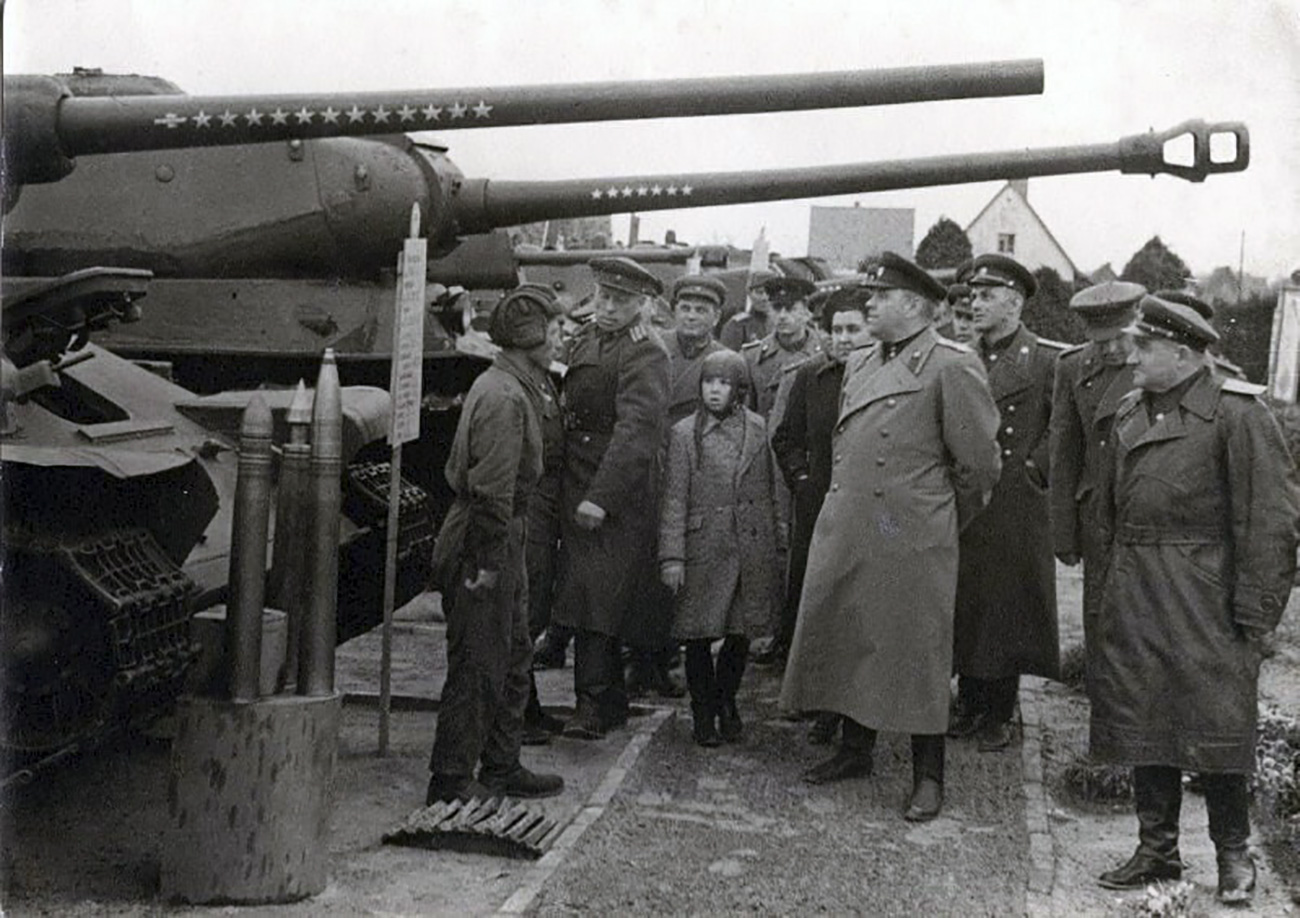 Marshal Alexander Vasilevsky inspects an exhibition of military equipment in Labiau, East Prussia, 1945.
Marshal Alexander Vasilevsky inspects an exhibition of military equipment in Labiau, East Prussia, 1945.
In August, Soviet troops dealt a crushing blow to the Kwantung Army stationed in Manchuria, occupied southern Sakhalin and the Kuril Islands. They penetrated hundreds of kilometers into enemy territory, split the enemy forces into a number of isolated groups and surround them.
In many ways, it was after the defeat of this million-strong Japanese group that the empire's leadership decided to capitulate.
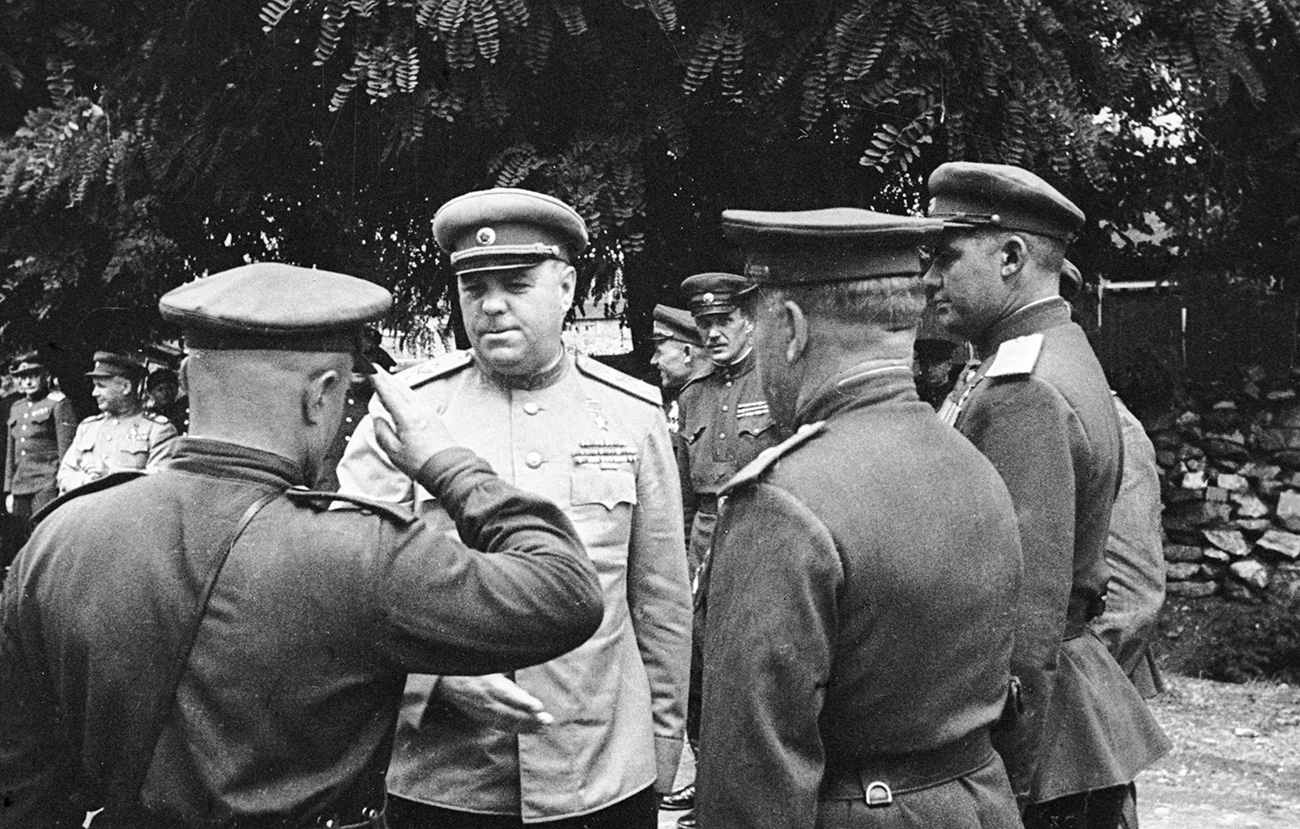 Marshal A. Vasilevsky talking to his people in Port Artur, China, 1945.
Marshal A. Vasilevsky talking to his people in Port Artur, China, 1945.
After the war, Vasilevsky continued to serve as Chief of the General Staff and also held the post of Minister of the USSR Armed Forces (aka Minister of Defense). In the last years of his life, he wrote memoirs. The military leader died in 1977 at the age of 82.
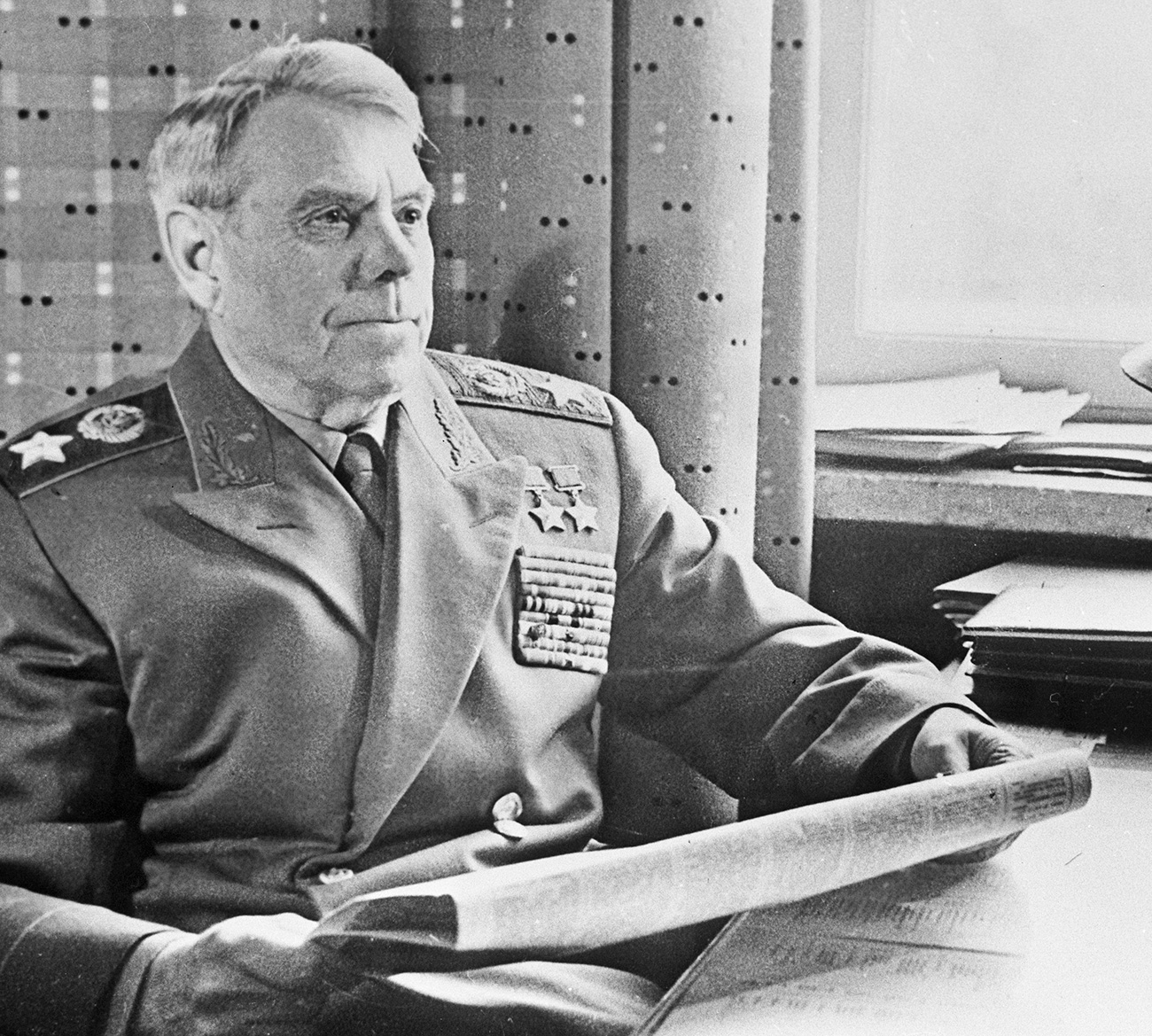 Alexander Vasilevsky in 1965.
Alexander Vasilevsky in 1965.


